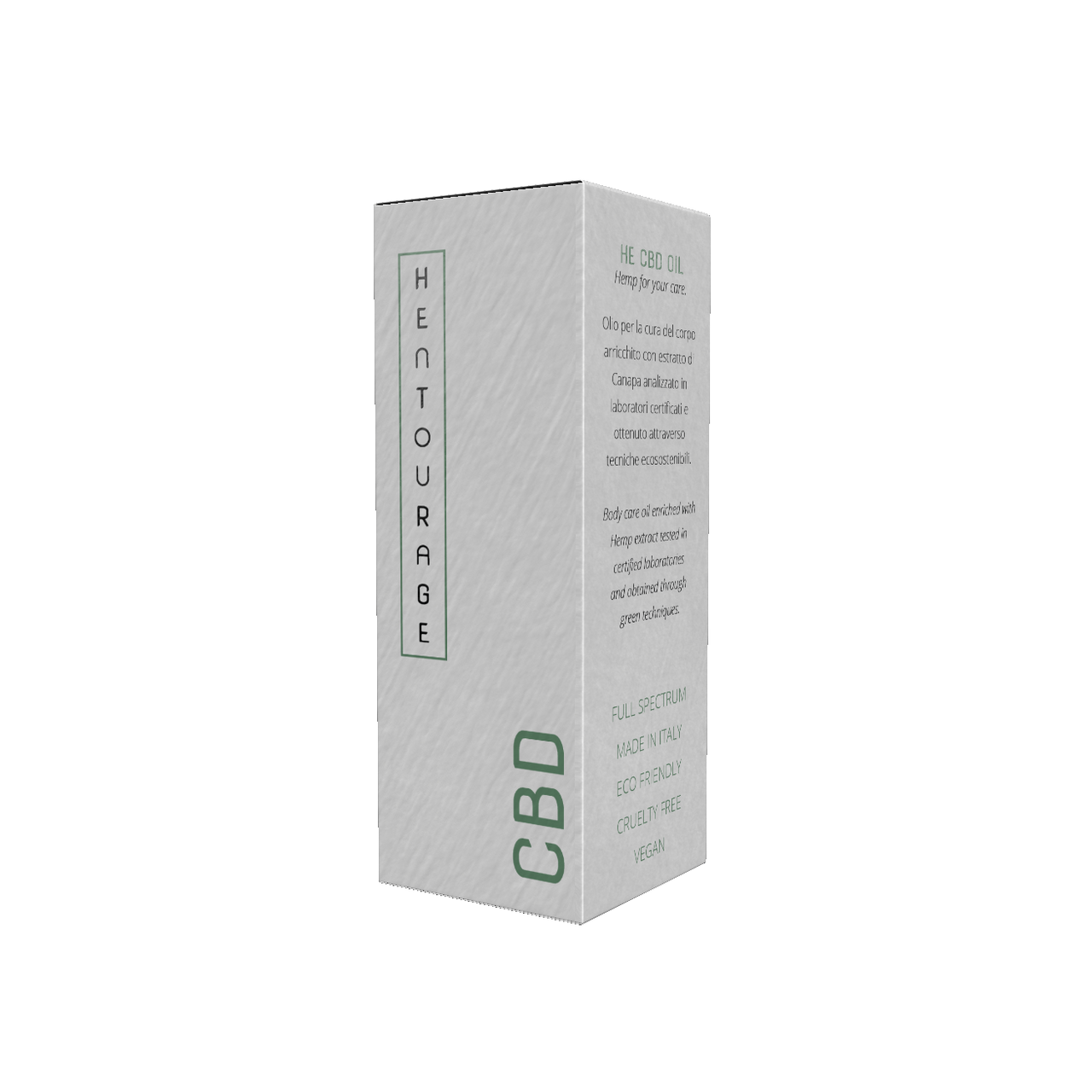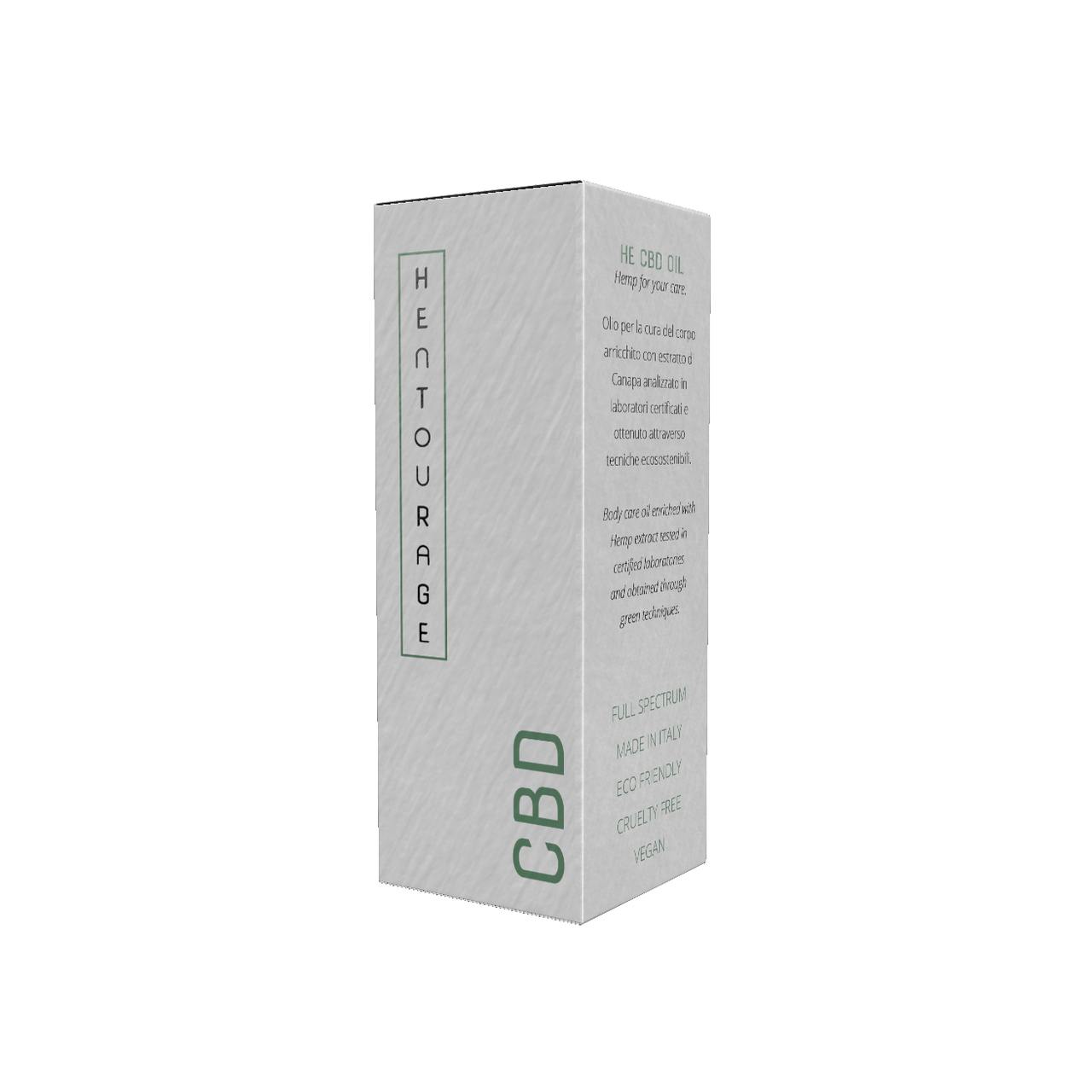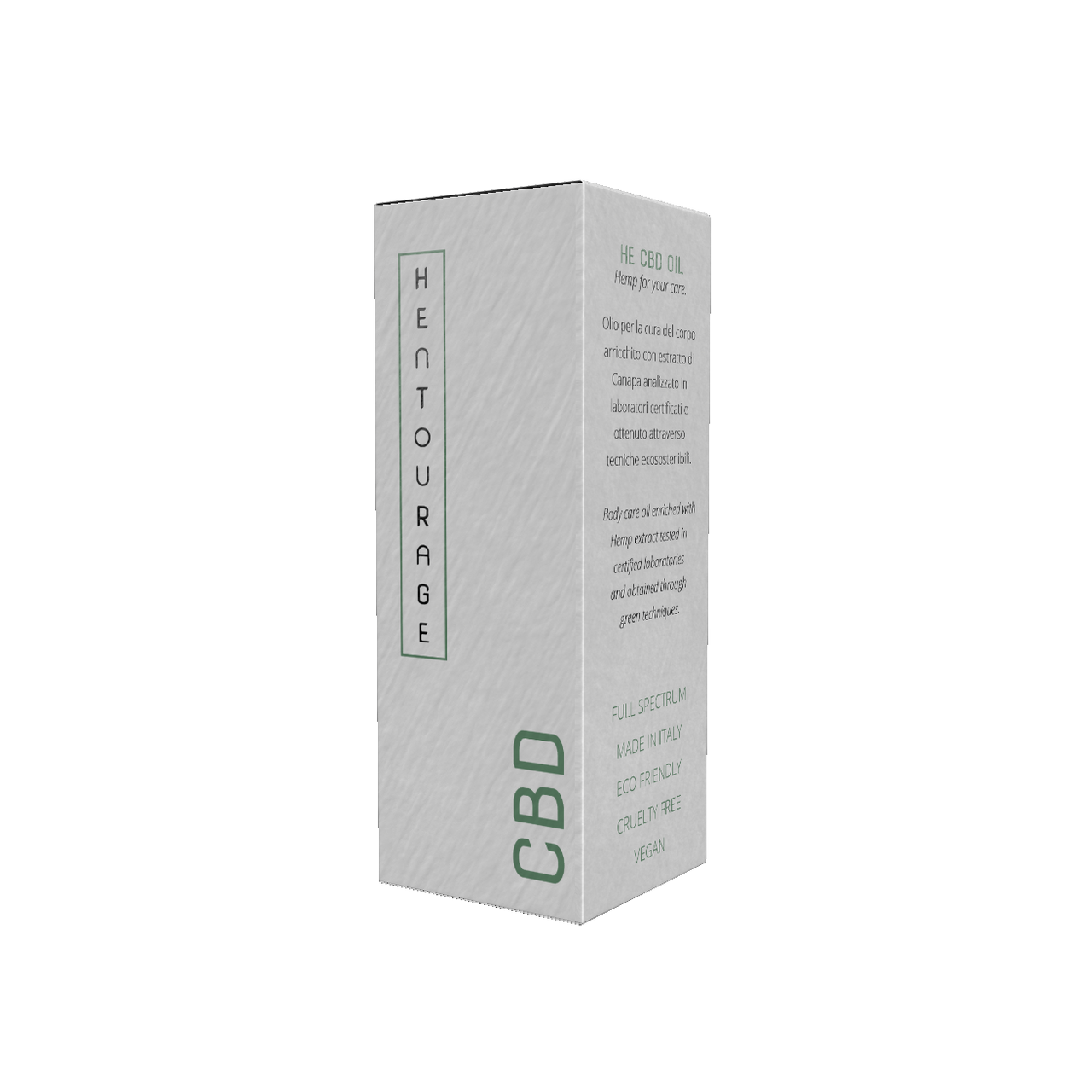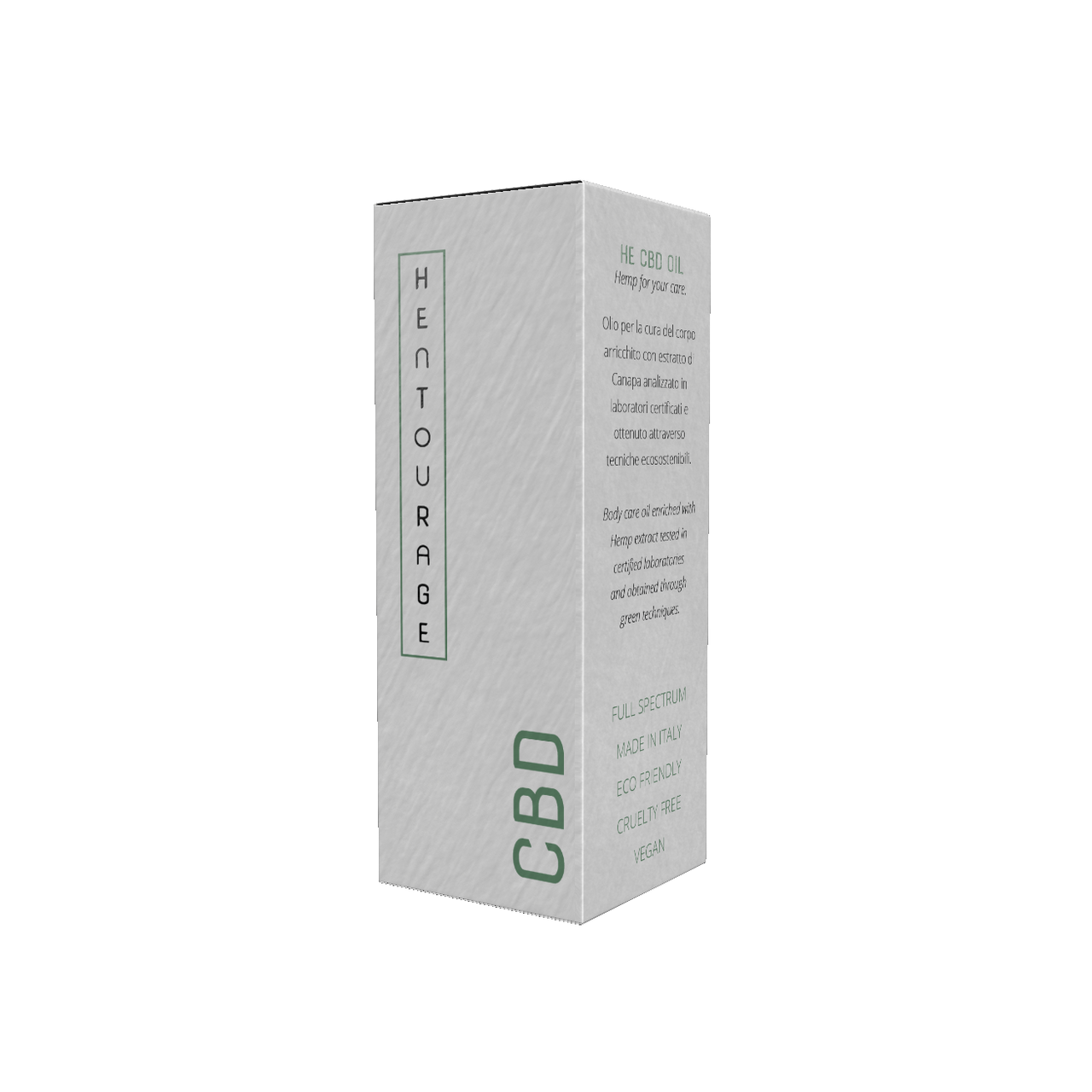Cannabidiol (CBD) is gaining considerable attention as a possible solution in the treatment of pain. Its use as a natural alternative to manage a wide range of painful conditions has captured the interest of many.

CBD mechanism of action on pain
CBD exerts its influence through the endocannabinoid system , a network of cannabinoid receptors found in the human body. This interaction is not simply that of a classic analgesic, but rather a modulator of the system, helping to restore balance in the presence of physical discomfort.
Neurological Interactions and Reduction of Inflammation
One of its main actions is on the control of inflammatory responses . CBD, by influencing nerve receptors, regulates the perception of pain. Additionally, it can modulate other neurological systems, including serotonin receptors, playing a significant role in improving mood and managing distress.

Chronic Pain and the Revolutionary Role of CBD
Chronic pain , a persistent challenge for many individuals, finds CBD a possible ally in daily management. The properties of CBD in the context of chronic pain are proving to be revolutionary. While many conventional therapies can only offer temporary relief, CBD shows promising signs of effectiveness in the long-term management of chronic pain, offering a new and relevant perspective for those living with this debilitating condition. Its ability to modulate inflammatory responses, interact with nerve receptors and improve sleep quality suggests considerable potential in improving the quality of life of those who deal with chronic pain on a daily basis.
The broad spectrum of CBD products , such as oil extracts , creams , capsules , has proven to be a promising option for individuals looking for natural and potentially effective alternatives in treating different types of pain.
Neuropathic Pain
CBD has demonstrated significant efficacy in neuropathic pain , particularly in the context of peripheral pain resulting from chemotherapy treatments . The properties of CBD are not limited to simple pain relief, but extend to improving the quality of life in complex situations, such as those accompanied by insomnia , depression and anxiety . Through interaction with serotonin receptors , CBD offers benefits in controlling mood and mitigating painful sensations.
Inflammatory Pain
In the case of inflammatory pain , such as osteoarthritis , CBD stands out for its natural anti-inflammatory properties . Studies highlight its ability to modulate the production of inflammatory cytokines , thus reducing inflammation. Furthermore, CBD acts on chemical processes associated with anandamide , involved in the perception of pain, and activates receptors implicated in the transmission and chronicization of pain , offering therapeutic perspectives in dealing with pain associated with inflammatory conditions.

Safety and Clinical Research
The long-term safety of CBD use has been the subject of extensive clinical studies. Several documents, such as publications in the Journal of Pain , attest to an acceptable safety profile in the treatment of chronic pain using CBD . This has stimulated further investigation into its therapeutic potential , not only in the context of pain, but also in clinical conditions such as multiple sclerosis , epilepsy , to schizophrenia , insomnia , and other pathologies that require more effective therapeutic alternatives.
CBD is therefore an intriguing and well-tolerated therapeutic option, with significant potential in pain control and addressing a wide range of clinical conditions.
Bibliography and sources
💻







